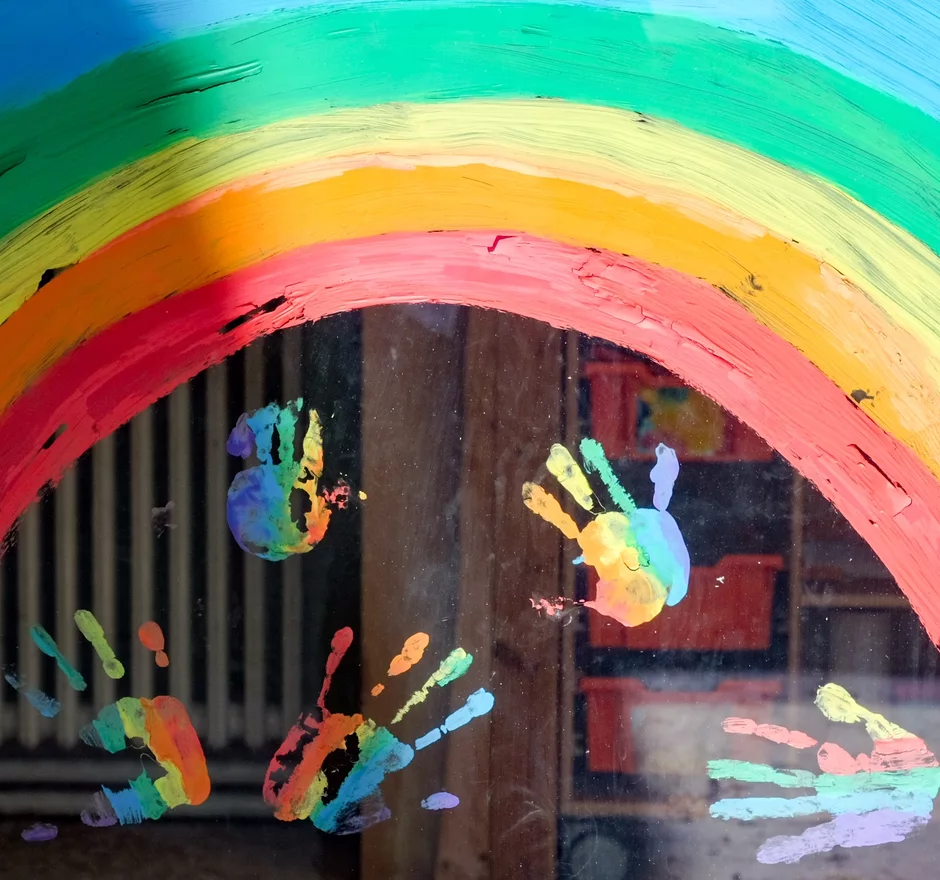Solidarity, a deeply rooted value in Switzerland
The combined solidarity index highlights strong solidarity among the population in Switzerland across all generations, with solidarity slightly higher among women than men. In German- and French-speaking Switzerland, solidarity means first and foremost helping each other within the family and the neighbourhood, and secondly helping people in need. In Italian-speaking Switzerland, solidarity means a personal commitment to helping others. The main motivations for solidarity vary little between regions: they are a sense of duty and a desire to strengthen social cohesion. In Italian-speaking Switzerland, however, individual motivations are more pronounced than in the other language regions. Moreover, whatever the language region, modesty and discretion are considered important values for the population. You have to do good around you, but be discreet about it.
Solidarity in the wake of the COVID-19 crisis and in the face of war in Ukraine
According to the first barometer published in 2021, the health crisis had strongly affected solidarity. A return to a feeling of solidarity is now clearly visible, despite the persistence of negative perceptions of human relations in Switzerland. Unsurprisingly, the barometer reveals that a wave of solidarity emerged in the wake of the conflict in Ukraine. However, this solidarity quickly faded, and a significant drop is already being felt. A majority of respondents anticipate an even greater drop in solidarity in the coming year, even though humanitarian needs remain immense.
Who is showing solidarity and towards whom?
Across all linguistic regions, political affinities and generations, the main beneficiaries of solidarity are people in need, well ahead of the environment and animals. However, environmental concerns are gaining in importance among the younger generations. Respondents showed a slight preference for supporting children and families in distress. Overall, however, people feel concerned about all the different groups of vulnerable people (children, young people, families and the elderly). It also shows that local aid (in Switzerland and its region) is more popular than international aid. The survey underlines the crucial importance of support from family and friends, as well as from volunteers and charitable organisations. Respondents felt that wealthy benefactors, the welfare state and individuals could do more for people in need.
Social networks, a very unsupportive environment
The perception of human relations remains slightly negative in Switzerland, although it has clearly improved since the last barometer in 2021. In particular, relationships are more often described as benevolent and much less often as aggressive. The areas where relationships are seen as the most supportive are those where people are closest: family, colleagues and friends. Conversely, all generations feel that selfishness is particularly marked on social networks.


